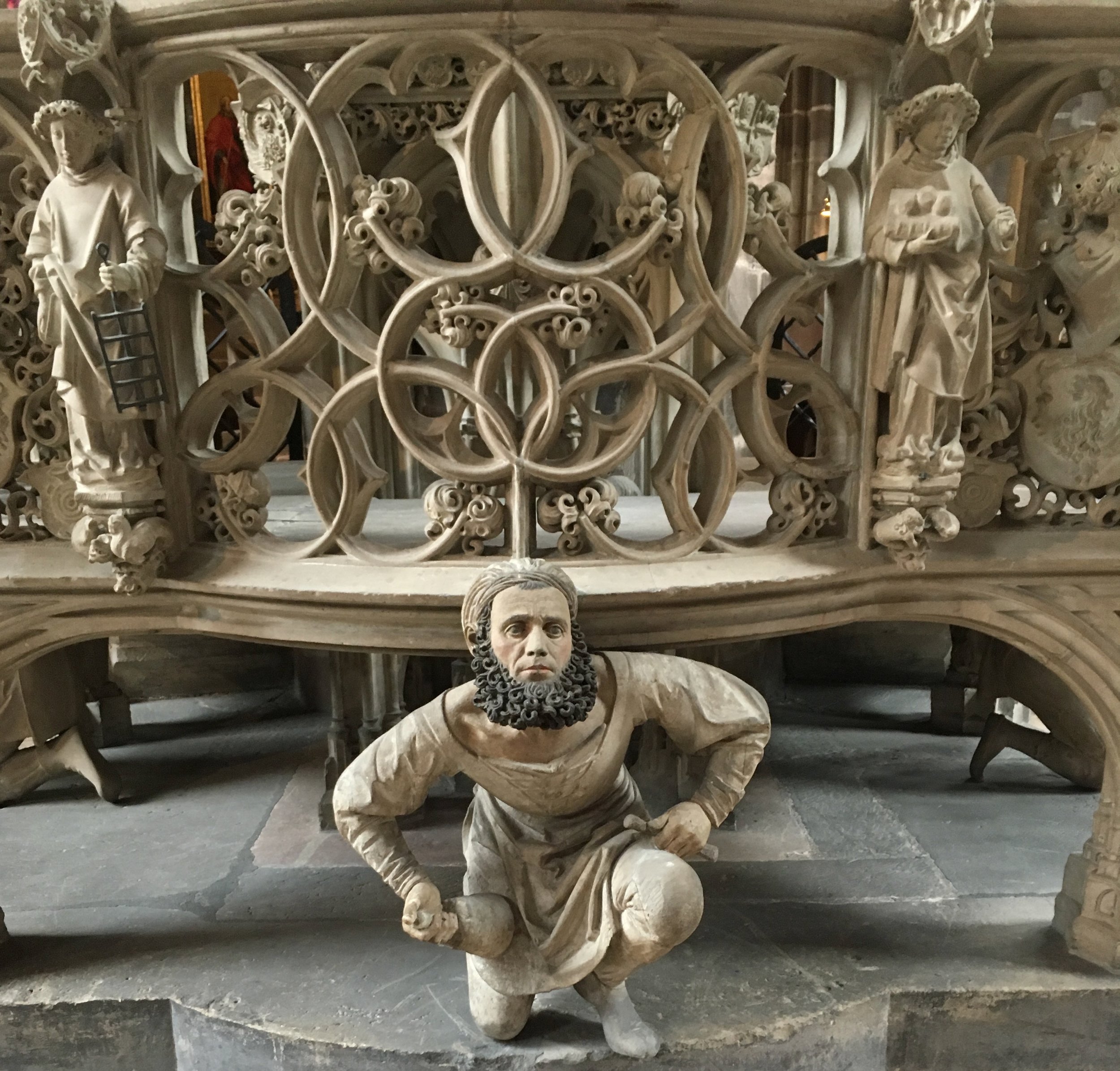
Mission
Founded in 2019, the New Foundation for Art History (NFAH) strives to serve the field in innovative ways that have been overlooked or underserved by existing institutions of its kind. Like other granting institutions, the goal of the NFAH will be to foster the best current research in the discipline. But it will do so with a difference. Having no long-term commitments or established culture, the NFAH can be entrepreneurial in the way it approaches its grant-making activities. As its vision is expanded and refined, the NFAH will change in turn, launching new initiatives or ending existing ones, making use of the advice of both its internal committees and outside advisors. The NFAH wants to lead by example towards a more equitable future of the discipline, and one where excellence is promoted and rewarded in the broadest ways possible.
At present, the NFAH offers two types of fellowships: non-residential research fellowships supporting mid-career, tenure-track scholars and innovative multi-year fellowships designed for the special requirements of contingent faculty. The NFAH also offers grants to cover the costs of the publication of scholarly books.
Goals
The New Foundation for Art History was created to address the crisis in the field of art history. Noting the failure of many public and private universities to properly support the research efforts of their faculty, the NFAH seeks to single out early and mid-career scholars and scholarly projects which would not necessarily be sustained by way of established avenues. Thus, to whatever degree possible, the NFAH hopes to respond favorably not only to merit but to need, realizing that the infrastructure of the field is fraying and that art history cannot foster the best scholarship without ensuring that that scholarship also has a deep and expert audience.
Initially, the NFAH intends to further these goals by
01.
–
Developing a transparent review process that strives to reward merit and identify scholarly and departmental need
02.
–
Recognizing the difficulties of fellowships that require time-away from home
03.
–
Offering subvention grants that help establish new publication ecologies
04.
–
Striving to develop new areas of giving
Supporting Art Historians and New Scholarship

